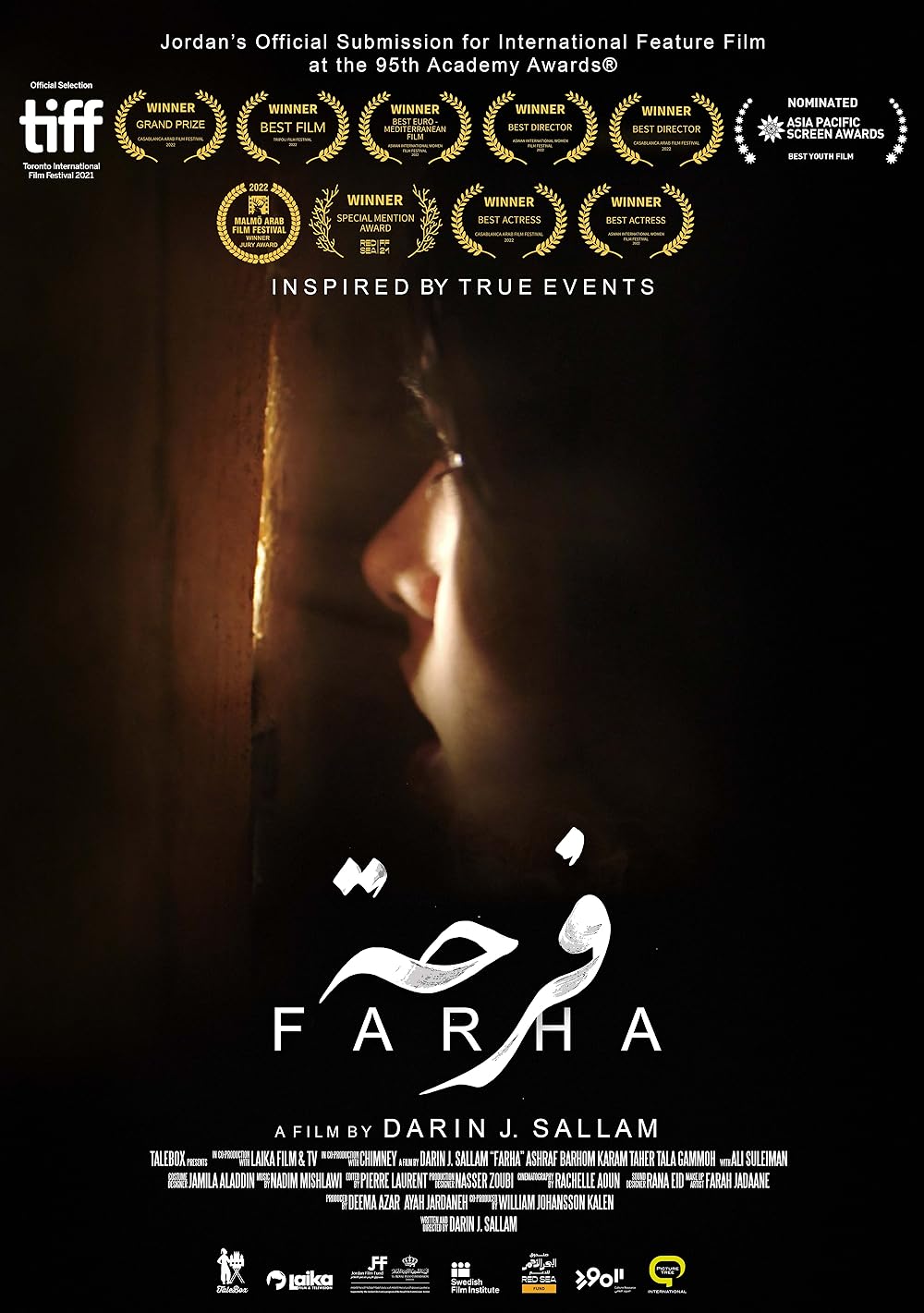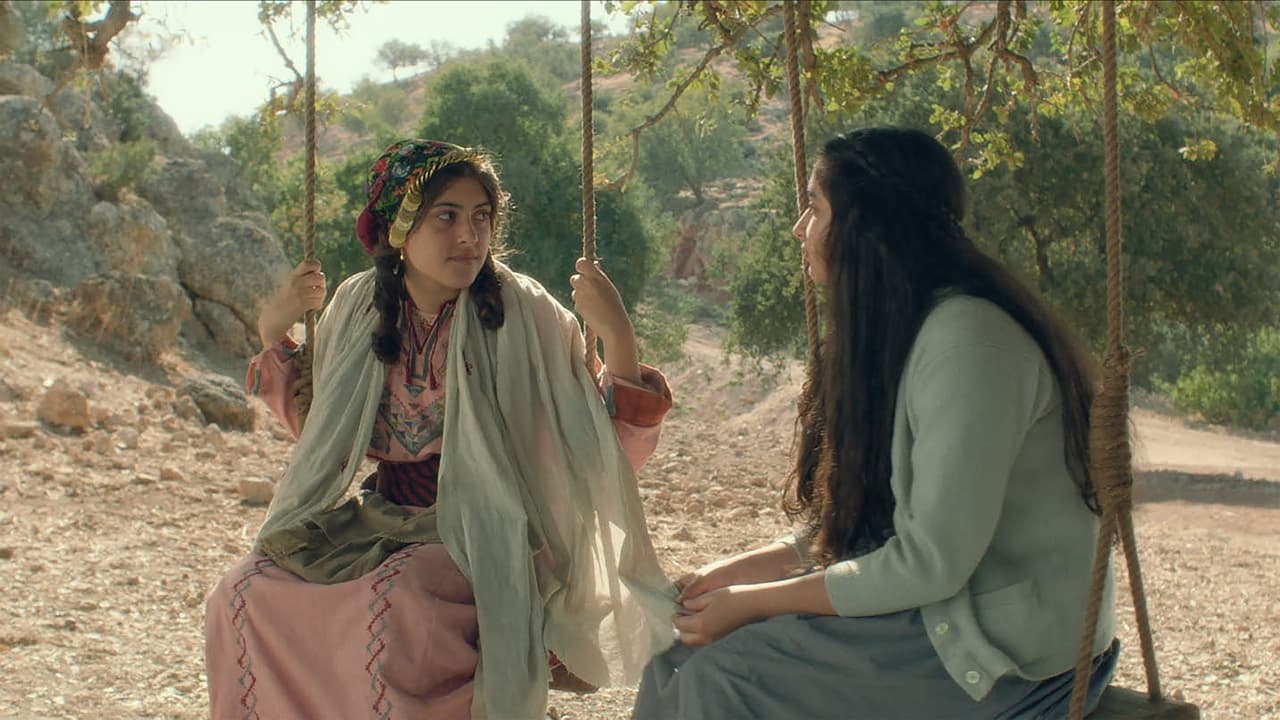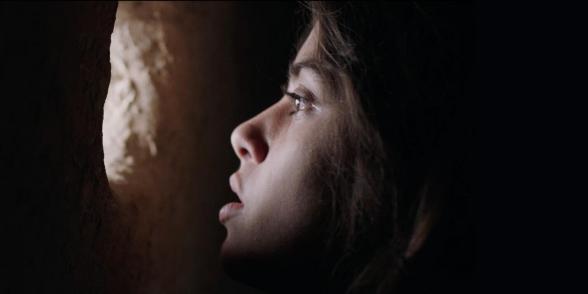The timing to watch films such as this has never been more apt: 2023 will mark one of the significant eras of the Palestinian-Israeli issue, and we are bombarded with bitter news from every avenue. While we have plenty of peer-reviewed academic products accessible to us, there is a sense of sympathy that cannot come from words and numbers. Sallam reconciles the contrast of sterile numbers and facts in books and historical timelines to the spoken and recounted stories of her cultural past, creating a rare and deeply profound historical drama that enables the reader and watcher from afar to understand some context to the Palestinian-Israeli war now, in the perspective of survivors.
The film is narrated from the perspective of the protagonist. Inside the confined mud-walled den, we experience with her the tremors of gunshots, explosions come and go, the shame of having to relieve on the floor less than a meter away from where she sleeps, and the disappointment of realizing that the imprisonment will not be temporary. We feel the fear for the situation in which she is in and then for her loved ones; her alertness, weariness, and hope all begin to slowly meld with the viewer’s.
We, People, regardless of race, religion, or nationality, have a historically proven knack for allowing our emotions to drive our actions. Sometimes knowledge, whether it comes from an unofficial news source or a fictionalized film, may be a catalyst to unpleasant actions toward those around us, leading to the addition of more malice into an already problematic world. The focus of Farha is not to condemn any nationalist movement or people group, its ethos to understand and sympathize with the suffering and endangered rather than generate hatred to another. Instead, if there is an opportunity to sympathize with the tales and stories of those who have experienced a portion of the Israeli-Palestinian problem, such as watching the beautifully crafted Farha, it is an opportunity that is good to take.





 RSS Feed
RSS Feed
